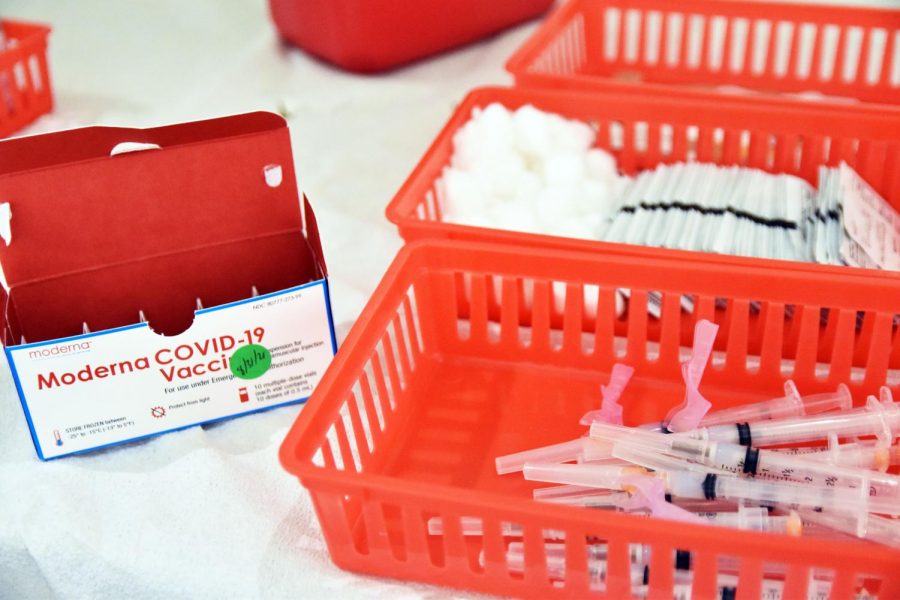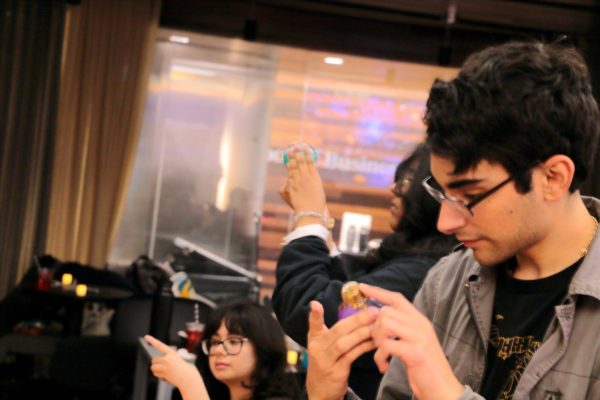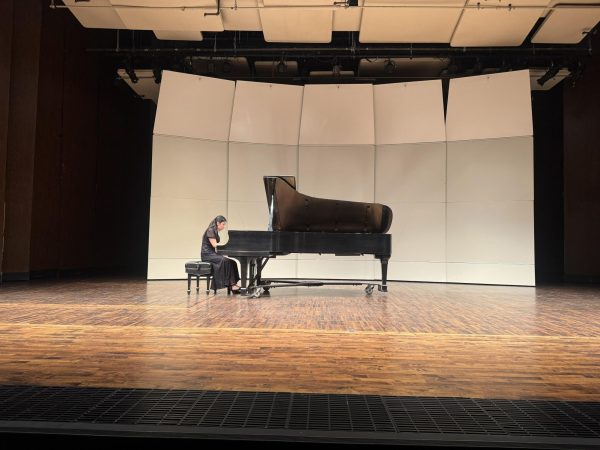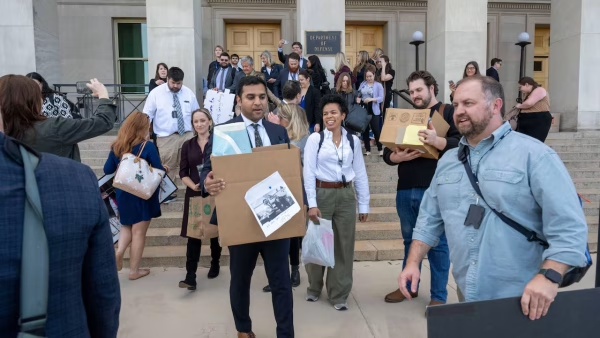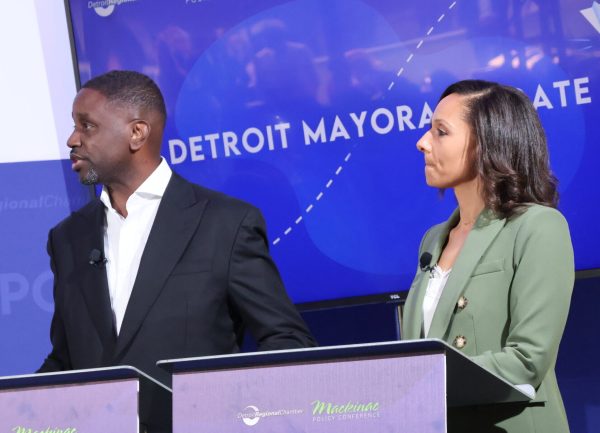President Pescovitz talks COVID-19 cases, importance of vaccinations
Some of the Moderna vaccine made available by the OU administration. The university’s is now mandating vaccination for the campus community.
Just a few weeks away from OU’s welcome week and what will hopefully be a triumphant return to campus normalcy following the tremendously difficult 2020-2021 school year, troubling trends have emerged with the COVID-19 pandemic.
During the month of July, COVID-19 cases surged across the country. In Michigan alone, 2,323 new cases and 35 new deaths were reported last week.
The university has been proactive and successful in the containment of the virus compared to other public universities in Michigan. This is due in large part to the leadership of President Ora Pescovitz. A former medical practitioner, her response to COVID-19 has been driven by a commitment to community wellness through observance of CDC guidelines and making the COVID-19 vaccine available to the campus community.
“Oakland University, which has been a leader in so many other ways, can be a leader here too,” Pescovitz said. “I want us to be a leader in protecting others … It’s what you do when you get immunized [you] protect everyone around you … If we could get to over 90% [on-campus vaccination rate], that would make Oakland, a real leader among universities. It would demonstrate our commitment to protecting our community. Not just our university community, but our local community.”
This recent wave of the virus is being largely attributed to a steep decline in vaccination rates from June onward. With a minimum 70% vaccination rate required for herd immunity, Michigan currently sits at 48.7% of adults fully vaccinated, Oakland county exceeding that mark at 55% inoculation rate and Macomb county lagging slightly behind at 46.5%.
Healthcare officials are also concerned about the increased prominence of the more contagious Delta Variant, the belief based on current projections being that the variant will drive an increase in cases and deaths until mid-October or so. Officials note that the best protection against the variant is to get vaccinated, and that individuals who aren’t vaccinated should maintain protocols like facemasks and social distancing.
Back in March, the university revealed an ambitious plan for a return to campus in the fall that included in-person instruction and up to 80% capacity in campus facilities and the resident halls. The plan relied heavily on members of the campus community becoming vaccinated against COVID-19. Slowing vaccination rates and spread of the Delta Variant are concerns heading into the fall.
“I am concerned about cases rising, nationally and potentially locally,” Pescovitz said. “And what we know about those cases rising is that most of them … are in individuals who have not been vaccinated …When we think about social responsibility … The single most important thing that any one of us can do is to get vaccinated, because it not only protects you as a person, but it protects everyone around you. And we have vulnerable people … That subset of people are those individuals who might be immunosuppressed or have had some other risk factors. They are at increased risk when there is the spread of the Delta Variant … So again, there really is a solution to this. It’s not like we have to guess what the solution is. We know what it is. And that is vaccination. It really is incumbent upon each person to take personal responsibility.”
In accordance with CDC guidelines, the policy on campus this summer has been allowing students who are fully vaccinated to be indoors without facemasks. While it isn’t mandatory, Pescovitz encourages students to register that they’ve been vaccinated with Graham Health Center. GHC is offering vaccinations via walk-in, and scheduling appointments for Thursday, July 29, Monday, August 2, Thursday, August 5 and Friday, August 6, with future dates still to be announced.



